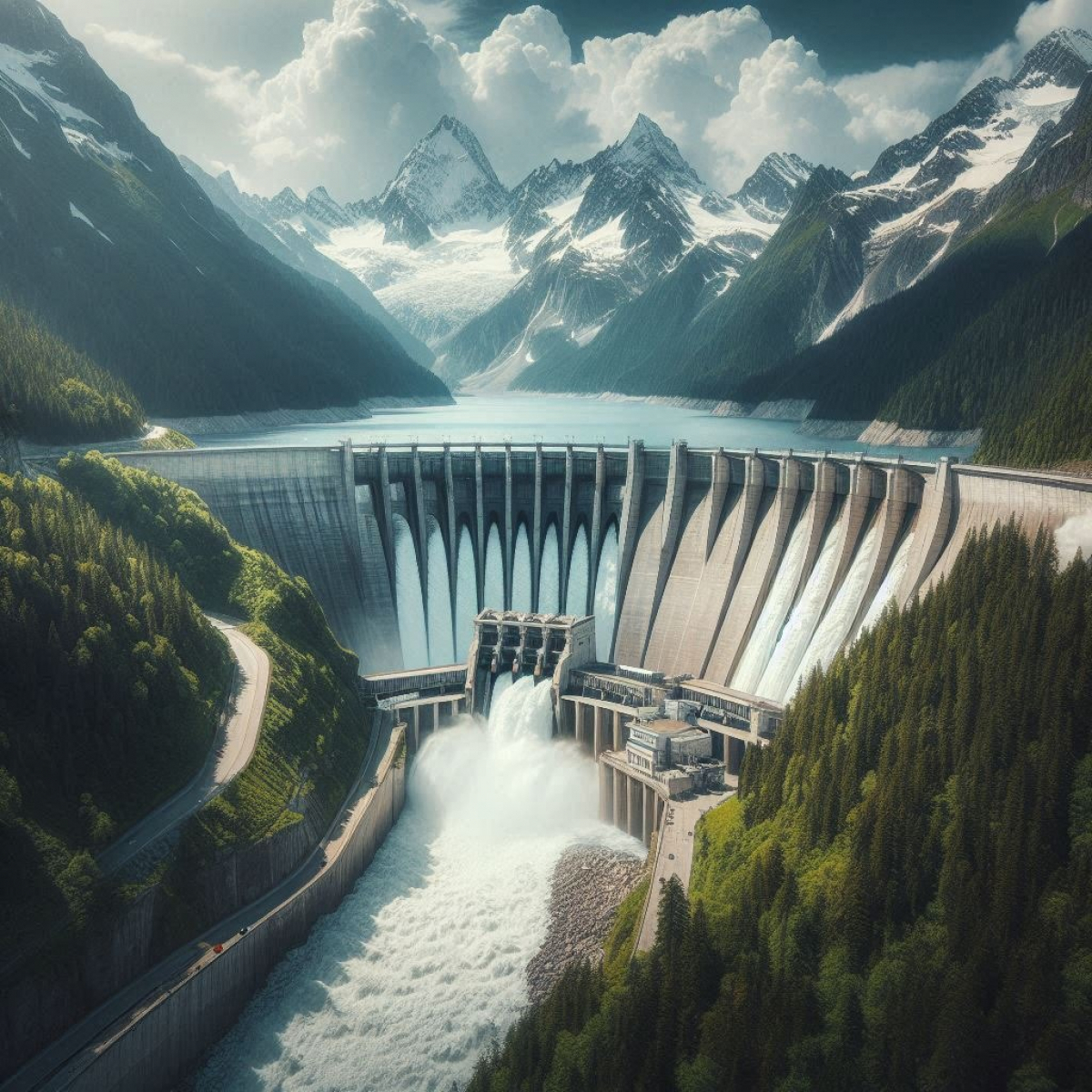Hydropower law refers to the legal framework that governs the development, management, and regulation of hydropower resources. This includes policies, regulations, and guidelines that outline how hydropower projects should be planned, constructed, operated, and maintained. The importance of hydropower law are resource management, environmental protection, investor confidence, economic development and social benefits such as job creation, infrastructure development, and improved access to electricity, especially in rural areas. In Nepal, where hydropower is an important component of the national energy strategy (practical hydropower capacity of 43,000 MW), a strong hydropower law is critical for utilizing the country's tremendous hydropower potential in a way that promotes sustainable development.





